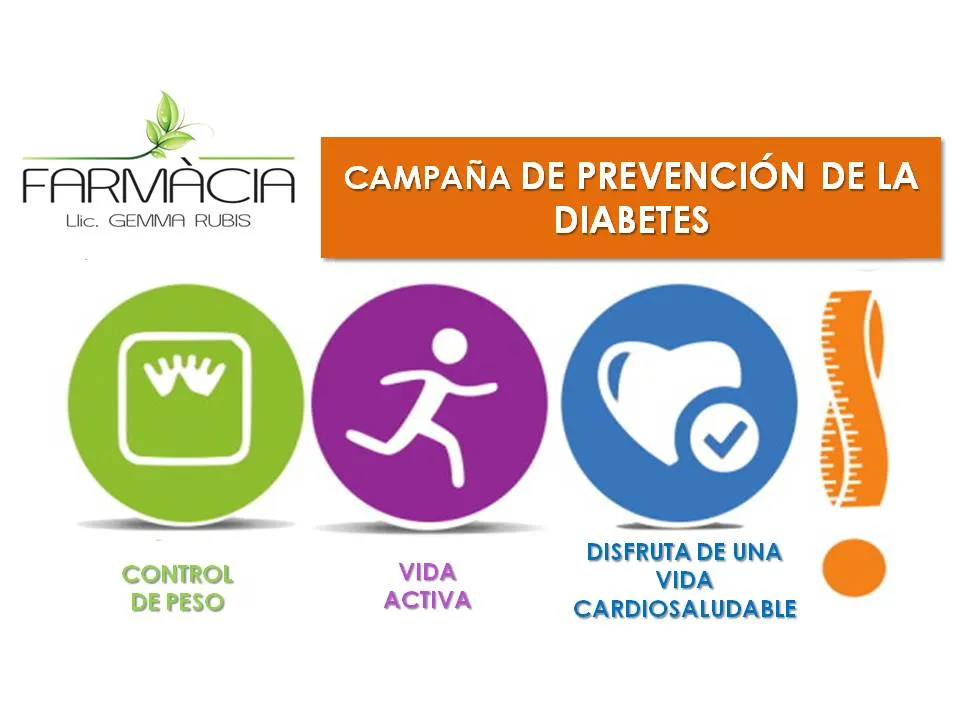People who receive personalized genetic and phenotypic information about their risk of developing diabetes do not significantly increase their physical activity compared to those who obtain broader generic information about diabetes, according to a random controlled test of more than 500 healthy adults published in 'PLOSMedicine 'by Job Godino, of the School of Clinical Medicine of the University of Cambridge, in the United Kingdom, and colleagues.
Information about a person's risk of developing type 2 diabetes can be calculated both from a genetic point of view-directing the presence of certain risk genes in their DNA-and from a phenotypic point of view, using formulas that havein account the age and other data.But it is not clear if informing patients about their risk motivates them to change their behavior.
In the new study, the authors recruited 569 men and women born between 1950 and 1975 who were already enrolled in the Fenland study in England and who did not have prior diagnosis of diabetes or other chronic diseases.These experts collected blood samples from the participants to search for genetic variants and then randomly assigned each person to a control group that received standard advice on the lifestyle to prevent diabetes or groups that also received their estimation of genetic risk orphenotypic risk of developing diabetes.
Eight weeks later, participants were equipped with a device to control their physical activity for six days.Compared to the control group, receive an estimate of genetic or phenotypic risk was not associated with the practice of more physical activity by the affected.The researchers also found differences in the behavior of the participants themselves, their diet or their weight changes.
However, patients who were informed about their individual risk of developing diabetes had a better risk perception at the end of the study.The authors of this work understand that more research is needed to shed light on whether these results are also valid in the case of personalized risk information of other diseases and if a person's perception on his risk before the study had an impact onThe result.
"Current study findings provide more evidence of the need for a change in the approach to promote healthy habits in daily behaviors, environmentally modeled, such as physical activity and diet, far from interventions based solely on the proportion of information andThe advice to individuals, towards interventions that point to broader collective determinants of the disease, "say the authors.


